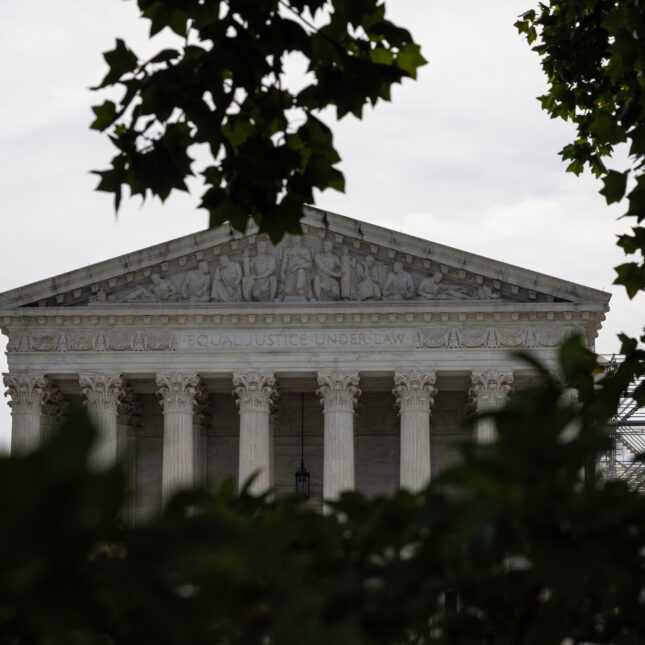
Federal agencies’ longtime authority to regulate industries was significantly weakened by a Supreme Court decision on Friday.
The 6-3 decision, though it stems from cases on fishing regulations, will ripple across government agencies that have broadly interpreted the powers handed to them by Congress since a 1984 decision known as Chevron. The so-called Chevron doctrine laid out that courts should generally defer to federal agencies’ reasonable interpretations of their authority when issuing regulations.
In practice, that meant that courts stayed away from limiting sweeping rules from agencies like Medicare, Medicaid, and the Food and Drug Administration on how hospitals, biopharmaceutical companies, and other industry players operate. Public health and labor agencies also made broad regulations in the Covid-19 response that could be checked under new precedents.

This article is exclusive to STAT+ subscribers
Unlock this article — plus daily intelligence on Capitol Hill and the life sciences industry — by subscribing to STAT+.
Already have an account? Log in
Already have an account? Log in
To submit a correction request, please visit our Contact Us page.











STAT encourages you to share your voice. We welcome your commentary, criticism, and expertise on our subscriber-only platform, STAT+ Connect